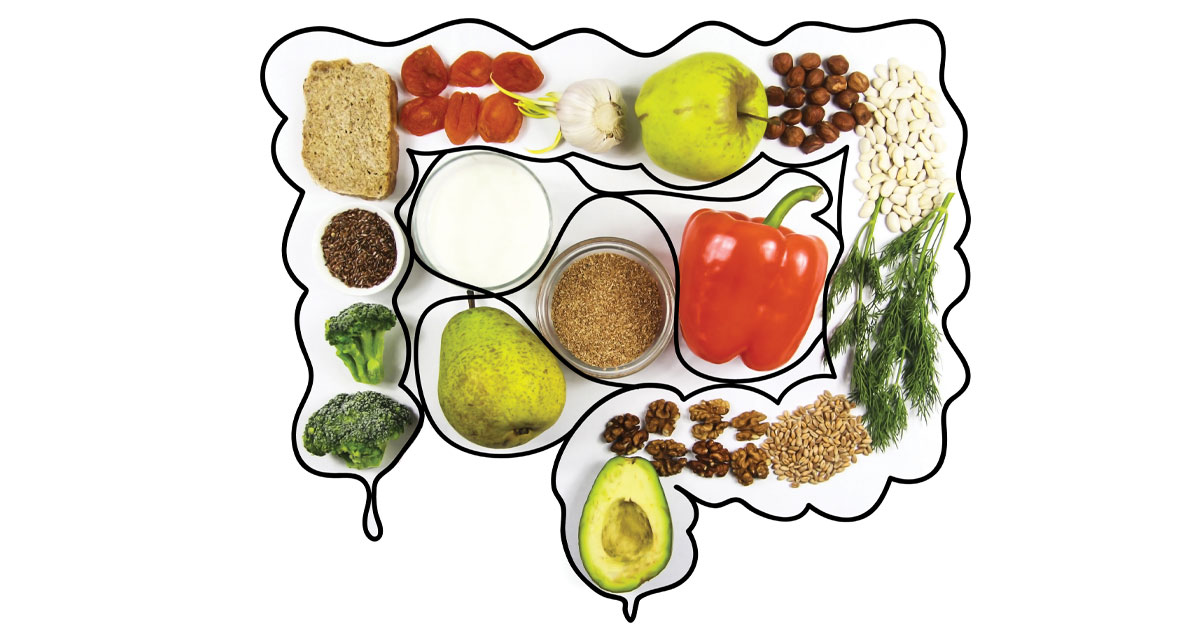“Flora,” a scientific term, describes the essence of plant life, especially flowers. The use of particular plants, whether it’s the petals, leaves, or roots, aids the progress of health and medicine. We usually don’t associate flora with bacteria; yet, it can describe the microorganisms that exist on or within the human body. Skin flora, defined as existing on the areas on the skin and mouth, and gut flora, found on the lungs, gut, vagina, and urinary tract, refer to bacteria, yeast, or other types of fungi. Research continues to explore the impact gut flora has on human health, especially when some individuals become vulnerable to disease. One solution is to learn more about probiotics.
What are Probiotics?
Stomach aches are rarely pleasant experiences. Gastrointestinal symptoms arrive in the form of bloating, flatulence, and constipation at an acute level. Treatment appears futile when science claims every human has roughly 300 trillion forms of bacteria living within the gut; yet, not all bacteria are harmful and cause their unhealthy levels to impact a balanced immune system. The body needs good bacteria to digest foods, which ultimately fight harmful bacteria and restore balance. In the form of supplements, tablets can reduce the onset of a cold and prevent pathogens from expanding into an acute gastrointestinal illness.
Tip: Dietary supplements sold as probiotics are not tested or approved by the FDA. Most conditions are “strain-specific”; therefore, the manufacturer cannot claim the type of bacteria listed on the label will enhance immunity, ease IBS, IBD, and urinary tract infections.
Yogurt, Greek Please!
Considering the terms “good bacteria” and “cultured foods,” we instantly think about yogurt! Yes, the ideal nutrient-packed source is plain Greek yogurt. It has a creamier, rich taste with fewer carbs and less sugar, because the process drains excess water and lactose. The tartness causes a level of acidity, making it easier for your body to absorb other nutrients.
Fruits, Vegetables, and Nuts
Of the trillions of harmful bacteria, the body needs to consume foods high in prebiotics. Do you enjoy eating oats and bananas, onion-based meals, and various types of nuts? Well, you’re already promoting good gut health! What other foods? Start thinking about meals that can offer servings of lentils, chickpeas, and beans, asparagus, garlic, and leeks! How does pasta with basil-yogurt sauce, peas, and zucchini sound? Do you need a dessert? Try making a yogurt cake with almonds and fruit. You can be part of a growing statistic that links foods containing prebiotic fiber to metabolic and digestive health!
Fermented Foods
Diets have changed drastically in the past 50 years. Over 75% of the world’s food supply derives from a limited number of plants, just 12, and five animal species. One of the oldest forms of food preservation is fermentation. Zymology converts carbohydrates to organic acids using yeasts or bacteria—microorganisms under conditions free of oxygen. If you eat sourdough bread, cheese, sauerkraut, pickled vegetables, and drink vinegar, you already maintain a healthy array of gut flora! As farm-fresh produce arrives in season, consider trying fermentation to boost great nutrition year-round. Almost any vegetable applies!
How Does it Work?
Vegetables already contain good bacteria called lactobacillus. Once the vegetables are either sliced or squeezed, the juice mingles with added salt to create a brine. In a contained system, the lactobacillus multiplies, digesting natural sugars and transforming them into lactic acid. It’s the tangy flavoring in most foods. Most fermented foods, like sauerkraut, require a three-to-five-day span. With experience, people are feeling confident and experimenting with new flavors by adding herbs and spices. Rather than buy a pre-packaged jar of your fermented food, why not try to make it yourself?
Next Month: Probiotic Kitchen, Part 2: Foods and Recipes























